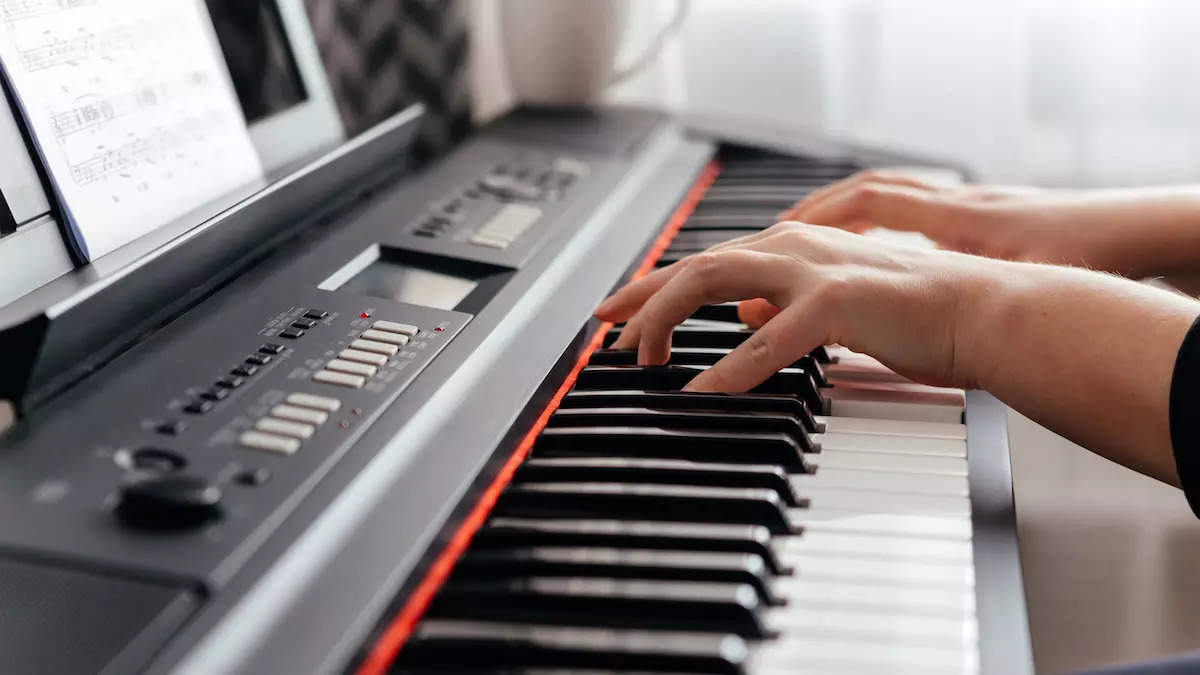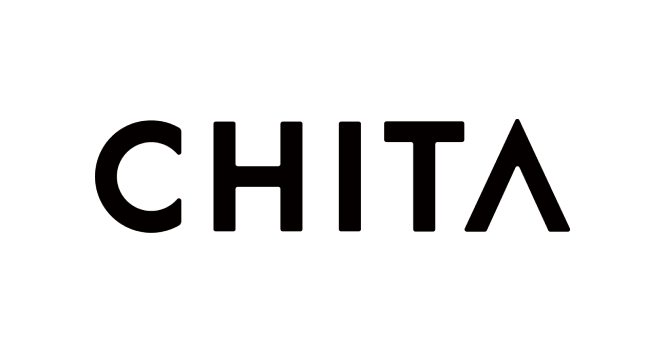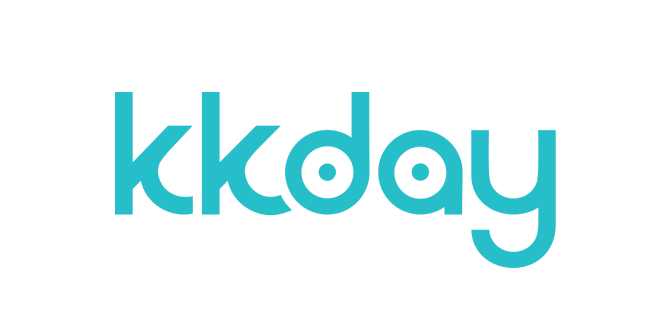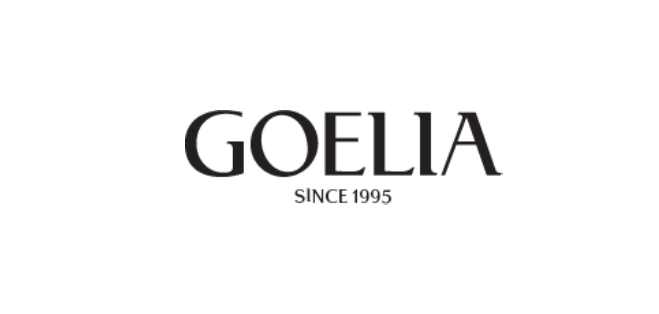Best Keyboard Pianos : Pianos For Beginners : Best Keyboard Pianos For Beginners

Best Keyboard Pianos For Beginners
Here are the 5 best keyboard pianos for beginners of 2023:
- Yamaha YDP-103 Arius: A beginner-friendly keyboard with a realistic feel and good sound quality.
- Casio Privia PX-160: An affordable option with a variety of features and a good sound for its price.
- Korg B1SP: A compact and portable keyboard with a full-sized piano feel, making it great for beginners on the go.
- Roland FP-10: A premium compact digital piano with a natural sound and feel, suitable for beginner to intermediate players.
- Williams Legato III: A budget-friendly keyboard with a realistic touch and sound, making it a great choice for beginners.
Yamaha Arius YDP 103 Review

The Yamaha YDP-103 Arius is a beginner-friendly keyboard piano that offers a realistic feel and good sound quality. It features Yamaha's Graded Hammer Standard (GHS) action, which replicates the resistance of an acoustic piano's keys, and the built-in PureCF sound engine provides a rich, expressive tone.
The YDP-103 also has a variety of features, including split and layer modes, multiple voices, and built-in songs and lessons to aid in practising. It is a reliable and well-rounded keyboard that is an excellent choice for beginners.
Pros and cons of Yamaha Arius YDP 103
Pros of Yamaha YDP-103 Arius:
- Realistic Feel: The Graded Hammer Standard (GHS) action provides a realistic touch that simulates the resistance of an acoustic piano's keys.
- Good Sound Quality: The PureCF sound engine delivers a rich and expressive tone that is well-suited for classical and jazz music.
- Versatile Features: The YDP-103 offers split and layer modes, multiple voices, and built-in songs and lessons to aid in practising.
- Affordable Price: The YDP-103 is priced affordably for a beginner-friendly keyboard piano with its features and sound quality.
Cons of Yamaha YDP-103 Arius:
- Limited Polyphony: The YDP-103 only has 64-note polyphony, which may not be enough for some more advanced players.
- No USB Connectivity: The lack of USB connectivity may be a drawback for some users who want to connect the keyboard to a computer.
- Basic Sound Control: The YDP-103 only has basic sound control, which may not be sufficient for some more advanced players.
Overall, the Yamaha YDP-103 Arius is a well-rounded and reliable keyboard piano that offers a realistic feel and good sound quality at an affordable price. Its limitations in polyphony, USB connectivity, and sound control may be drawbacks for some users, but it is still a solid choice for beginners.
Casio Privia PX 160 Review

The Casio Privia PX-160 is an affordable digital piano with a variety of features and a good sound for its price. It has a weighted hammer-action keybed that provides a realistic feel, and the built-in Multi-Dimensional Morphing AiR sound engine delivers a rich, expressive tone.
The PX-160 also includes a variety of voices, split and layer modes, and built-in songs and lessons to aid in practising. It also has USB connectivity for use with a computer. The PX-160 is a budget-friendly option that is well-suited for beginner to intermediate players.
Pros and Cons of Casio Privia PX-160
Pros of Casio Privia PX-160
- Affordable price: The PX-160 offers a lot of features and a good sound quality for its budget-friendly price.
- Realistic feel: The weighted hammer-action keybed provides a realistic touch that is well-suited for classical and jazz music.
- Rich sound: The Multi-Dimensional Morphing AiR sound engine delivers a rich and expressive tone that is well-suited for a variety of musical styles.
- Versatile features: The PX-160 includes split and layer modes, multiple voices, and built-in songs and lessons to aid in practising.
- USB connectivity: The PX-160 has USB connectivity for use with a computer.
Cons of Casio Privia PX-160
- Limited polyphony: The PX-160 only has 128-note polyphony, which may not be enough for some more advanced players.
- Basic sound control: The PX-160 only has basic sound control, which may not be sufficient for some more advanced players.
Overall, the Casio Privia PX-160 is a budget-friendly digital piano that offers a realistic feel and rich sound quality, as well as a variety of features. Its limitations in polyphony and sound control may be drawbacks for some users, but it is still a solid choice for beginner to intermediate players.
Korg B1sp Review

The Korg B1SP is a compact and portable keyboard piano with a full-sized piano feel, making it great for beginners on the go. It has a weighted hammer-action keybed that provides a realistic touch, and the built-in sound engine delivers a natural and expressive tone.
The B1SP also includes a variety of voices and built-in songs and lessons to aid in practising. Its compact size and light weight make it easy to transport and store, making it a great option for beginner to intermediate players who need a portable keyboard.
Pros and Cons of Korg B1SP
Pros of Korg B1SP
- Portable Design: The B1SP is compact and lightweight, making it easy to transport and store, which is ideal for beginner to intermediate players who need a portable keyboard.
- Realistic Touch: The weighted hammer-action keybed provides a realistic touch that is well-suited for classical and jazz music.
- Natural Sound: The built-in sound engine delivers a natural and expressive tone that is well-suited for a variety of musical styles.
- Versatile Features: The B1SP includes a variety of voices and built-in songs and lessons to aid in practising.
Cons of Korg B1SP
- Limited Polyphony: The B1SP only has 64-note polyphony, which may not be enough for some more advanced players.
- Basic Sound Control: The B1SP only has basic sound control, which may not be sufficient for some more advanced players.
- No USB Connectivity: The lack of USB connectivity may be a drawback for some users who want to connect the keyboard to a computer.
Overall, the Korg B1SP is a compact and portable keyboard piano that offers a realistic touch and natural sound, as well as a variety of features. Its limitations in polyphony, sound control, and USB connectivity may be drawbacks for some users, but it is still a solid choice for beginner to intermediate players who need a portable keyboard.
Roland FP-10 Review

The Roland FP-10 is a portable and budget-friendly digital piano that offers a realistic touch and sound quality. It has a weighted hammer-action keybed that provides a realistic feel, and the built-in SuperNATURAL sound engine delivers a rich and expressive tone. The FP-10 also includes a variety of voices, split and layer modes, and built-in songs and lessons to aid in practising.
Its compact size and light weight make it easy to transport and store, and it also has USB connectivity for use with a computer. The FP-10 is a great option for beginner to intermediate players who need a portable and affordable keyboard.
Pros and Cons of Roland FP-10
Pros of Roland FP-10
Affordable Price: The FP-10 offers a realistic touch and sound quality for a budget-friendly price, making it a good option for beginner to intermediate players.
Realistic Touch: The weighted hammer-action keybed provides a realistic touch that is well-suited for classical and jazz music.
Rich Sound: The built-in SuperNATURAL sound engine delivers a rich and expressive tone that is well-suited for a variety of musical styles.
Versatile Features: The FP-10 includes split and layer modes, multiple voices, and built-in songs and lessons to aid in practising.
Portable Design: The FP-10 is compact and lightweight, making it easy to transport and store, which is ideal for beginner to intermediate players who need a portable keyboard.
USB connectivity: The FP-10 has USB connectivity for use with a computer.
Cons of Roland FP-10
Limited Polyphony: The FP-10 only has 128-note polyphony, which may not be enough for some more advanced players.
Basic Sound Control: The FP-10 only has basic sound control, which may not be sufficient for some more advanced players.
Overall, the Roland FP-10 is a budget-friendly and portable digital piano that offers a realistic touch and rich sound quality, as well as a variety of features. Its limitations in polyphony and sound control may be drawbacks for some users, but it is still a solid choice for beginner to intermediate players who need a portable keyboard.
Williams Legato III Review

The Williams Legato III is a compact and portable digital piano that offers a simple and straightforward design for beginner players. It has a lightweight and compact design with full-sized keys and a responsive touch that is well-suited for learning. The built-in sound engine delivers a decent tone, and the Legato III also includes a variety of voices, split and layer modes, and built-in songs and lessons to aid in practising. Its compact size and light weight make it easy to transport and store, making it a great option for beginner players who need a portable keyboard.
Pros and Cons Of Williams Legato III
Pros of Williams Legato III
Affordable price: The Legato III is a budget-friendly digital piano, making it a good option for beginner players.
Portable design: The Legato III is compact and lightweight, making it easy to transport and store, which is ideal for beginner players who need a portable keyboard.
Responsive touch: The full-sized keys are responsive and well-suited for learning.
Versatile features: The Legato III includes a variety of voices, split and layer modes, and built-in songs and lessons to aid in practising.
Cons of Williams Legato III
Basic sound quality: The built-in sound engine delivers a basic tone that may not be sufficient for more advanced players.
Limited sound control: The Legato III only has basic sound control, which may not be sufficient for some more advanced players.
No USB connectivity: The lack of USB connectivity may be a drawback for some users who want to connect the keyboard to a computer.
Overall, the Williams Legato III is a budget-friendly and portable digital piano that offers a responsive touch and basic sound quality, as well as a variety of features. Its limitations in sound quality and sound control may be drawbacks for some users, but it is still a solid choice for beginner players who need a portable keyboard.
Best Digital Piano
In conclusion, choosing a keyboard piano for beginners is largely a matter of personal preference and budget. Some of the best options for beginner players include the Yamaha YDP-103 Arius, Casio Privia PX-160, Korg B1SP, Roland FP-10, and Williams Legato III. These keyboards offer a realistic touch, good sound quality, and a variety of features to aid in practicing.
When choosing a keyboard piano, it is important to consider the price, portability, touch response, sound quality, and available features. For beginner players who are just starting out, a budget-friendly and portable keyboard with a responsive touch and basic sound quality should suffice. More advanced players may require a keyboard with more sound control, advanced features, and a higher level of sound quality.
Ultimately, it is best to try out several different keyboard pianos to determine which one is the best fit for your individual needs and preferences.




Rate your recent experience *